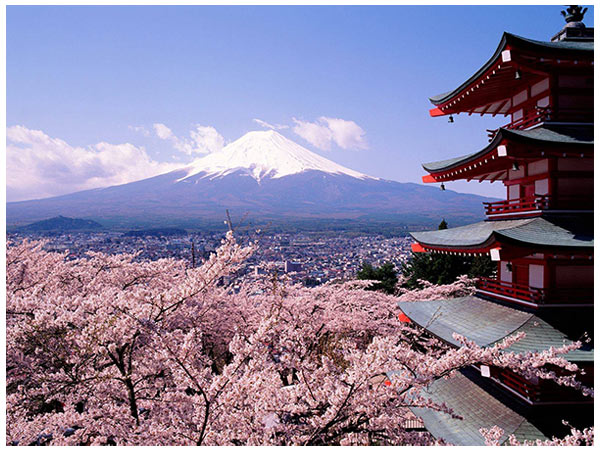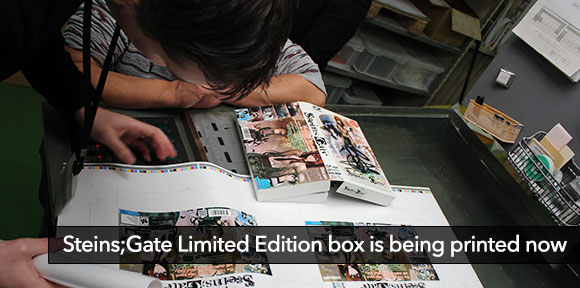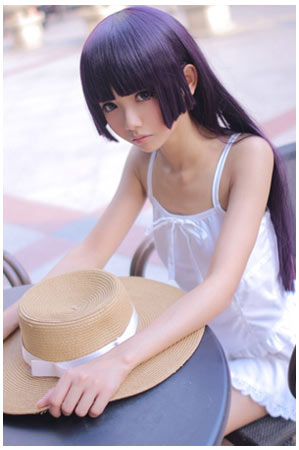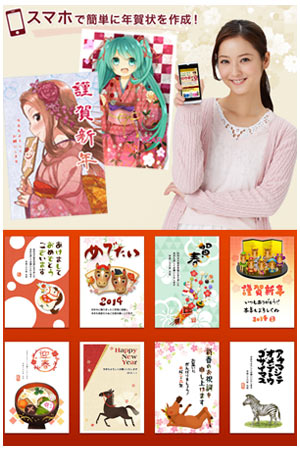Hello from "the land of kawaii and sugoi," Japan! J-List is in full Christmas mode, packing and shipping hundreds of packages per day. Note that we recommend you order by Friday the 13th in order to ensure you get your packages in time for Christmas. What awesome products can J-List send you today during our big EMS shipping sale?
I like to post random things to the J-List Facebook page, from various anime-related pictures I've come across on Pixiv to occasional Sailor Moon yuri. Once I posted a picture I'd found that, to me, represented Japan more than any I'd ever seen, with the image of Mt. Fuji viewed behind sakura trees with a five-story pagoda off to the side. When I asked readers to post pictures that represented their own countries, the responses included this iconic image of Italy, a lovely castle in Germany, this extremely British image, an example of archeology in Canada, a "nice boat" from Norway, plus a something for Americans to smile about. A few replies were snarky, like one reader showing us what it's like using the Internet from Australia. It's fun to analyze how our impressions of our own countries are affected by interacting with foreigners, and learning how they view us. When Japanese staff first start working at J-List, they probably think they understand that gaijin love things like Mt. Fuji and Kyoto. But when they actually start working with our customers, who often possess incredible passion for subjects like Japanese history and samurai swords and extremely esoteric pop culture from Japan, they're filled with pride and come to see their own country in a new way.

What image would represent your country? Hopefully not "People of Wal-Mart."









